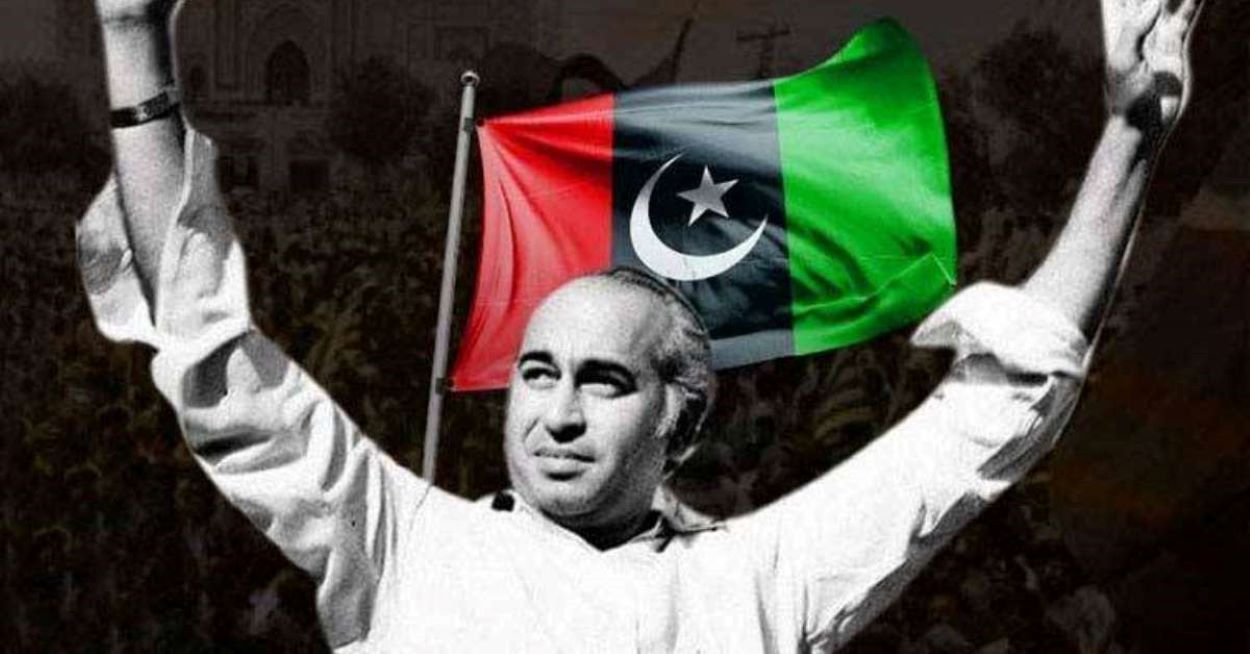Today marks the 97th birth anniversary of Zulfikar Ali Bhutto, the Pakistan Peoples Party (PPP) founder and a pivotal figure in Pakistan’s political history. Celebrations include laying a floral wreath at his grave and special prayers, with various programs organized to pay tribute to his enduring impact on the nation.
The PPP has planned numerous activities to honour Bhutto’s remarkable legacy. Leaders and supporters will gather to reflect on his contributions, notably drafting Pakistan’s unanimous constitution, empowering citizens with the right to vote, and initiating the country’s nuclear program.
Bhutto’s Early Life and Political Ascendancy
Born on January 5, 1928, Bhutto was the only son of Sir Shah Nawaz Bhutto. Before attending Oxford University, he pursued higher education in the United States at the University of Southern California and later at the University of California, Berkeley. Bhutto’s political career began in earnest when he returned to Pakistan, quickly ascending through various ministerial roles and founding the Pakistan Peoples Party in 1967.
Key Accomplishments of Zulfiqar Ali Bhutto
As Pakistan’s leader, Bhutto was instrumental in several key initiatives:
- He negotiated the Sino-Pakistan boundary agreement in 1963 and fostered closer ties with Turkey and Iran.
- Under his leadership, Pakistan adopted the Constitution of 1973, which established a parliamentary democracy and laid the groundwork for federal governance.
- He was pivotal in developing Pakistan’s nuclear program, enhancing the nation’s security and sovereignty.
President Asif Ali Zardari praised Bhutto as a visionary who reshaped Pakistan’s destiny, echoing sentiments about Bhutto’s role as a champion for the underprivileged and his efforts to strengthen Pakistan’s international relations. Bhutto’s policies in industrial and technological advancement, particularly the establishment of Pakistan Steel Mills and the enhancement of the defence industry marked significant economic contributions.
Bhutto’s influence persists through his established institutions and policies, which continue to shape Pakistan’s socio-economic landscape. His commitment to democracy and his ultimate sacrifice, refusing to yield to dictatorship, cement his status as a symbol of resistance and resilience.
As Pakistan commemorates Bhutto’s 97th birth anniversary, his legacy as a leader who championed democracy, economic reform, and social justice remains a beacon for current and future generations. His life’s work inspires a nation striving towards unity and progress.






